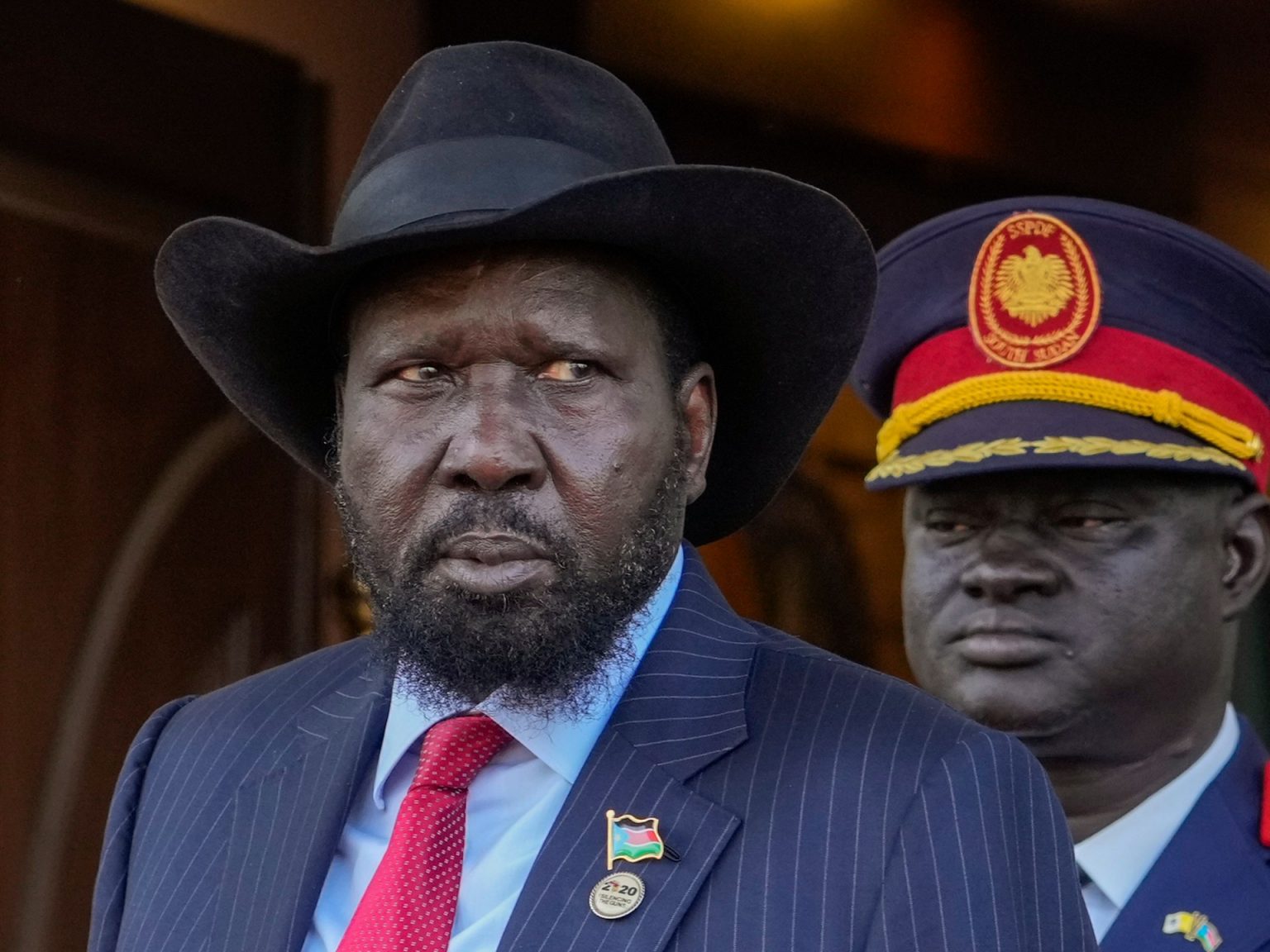South Sudan’s government has announced the postponement of general elections until December 2026, marking the second delay in holding elections since the country gained independence in 2011. The decision was made due to a lack of preparedness, with the government stating the need for more time to complete tasks such as conducting a census, drafting a permanent constitution, and registering political parties before holding elections. The transitional period, which began in February 2020, has now been extended for an additional two years.
The peace agreement signed in 2018 between President Salva Kiir and his former rival turned deputy, Riek Machar, brought an end to a five-year civil war that resulted in significant casualties, famine, and a refugee crisis. The country has been struggling with an economic crisis as well, with civil servants going unpaid for nearly a year due to disruptions in oil exports caused by conflicts in neighboring Sudan. The extension of the transitional period follows recommendations from electoral institutions and the security sector, highlighting the need for additional time to address essential tasks before holding elections.
Concerns have been raised about the potential consequences of holding elections that do not meet international standards, with fears of wasted resources and chaos. Andrea Mach Mabior, an independent political analyst, warned that proceeding with sham elections could lead to a futile expenditure of money. Additionally, the enactment of a new security act allowing for warrantless detentions has raised concerns from human rights groups about creating a climate of fear in the lead-up to the elections. With an estimated 9 million people, or 73 percent of the population, in need of humanitarian assistance this year, the country is facing challenges on multiple fronts.
Despite the postponement of elections, the government remains committed to the completion of essential tasks such as conducting a census, drafting a permanent constitution, and registering political parties. The extension of the transitional period aims to ensure that these processes are carried out effectively before holding elections in December 2026. The decision reflects the government’s recognition of the importance of establishing a stable and inclusive electoral process that complies with international standards to avoid any potential unrest or disorder.
As South Sudan navigates its way through a challenging political and humanitarian landscape, the postponement of elections underscores the complexities and difficulties faced by the country. While the peace agreement signed in 2018 has brought an end to the civil war, the path to sustainable peace and stability remains uncertain. With millions in need of humanitarian assistance and concerns about the fairness and transparency of future elections, the government faces significant challenges in ensuring a smooth transition to a democratic system. The international community will be closely monitoring developments in South Sudan to support efforts towards achieving lasting peace and prosperity for its people.













